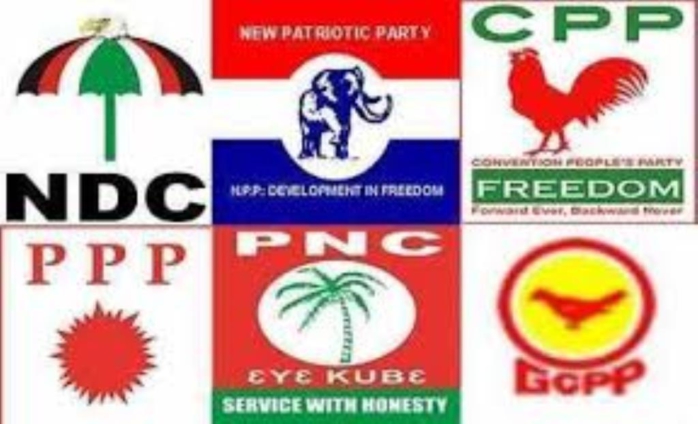A Senior Lecturer at the History and Political Science Department of the Kwame Nkrumah University of Science and Technology (KNUST) has cited poverty as the main cause of monetisation in Ghana’s politics.
Dr Kwasi Amakye-Boateng noted that the nation has been facing some level of poverty in the system which makes people resort to using money in politics.
According to him, the society would overcome this challenge in the course of the country’s political development.
“Gradually, we will get to the stage where voters could no longer be bought with money.”
Over the years, concerns had been raised by many political analysts and opinion leaders about the systematic payment of money to voters with the intention of “buying their votes”.
This trend, according to experts, was a setback to building a resilient democracy, where the people were at liberty to choose their own preferred leaders.
He also observed that there had been vast improvement regarding the manner in which money could influence voters, especially under the Fourth Republican Constitution.
Indicating that electorates are gradually becoming more conscious of their rights and responsibilities, casting their ballots based on developmental issues.
Dr Amakye-Boateng stressed the need for the country to stay focused and work seriously to improve the economy, thereby creating jobs and wealth for the people.
“When this is done it would reduce the tendency of the Ghanaian voter being influenced with money in order to sway his or her decision during elections,” he observed.
The Senior Lecturer, sharing his views on proposals by a section of the public to postpone this year’s General Election in the wake of the Covid-19 pandemic, said that decision would be “terribly imprudent”.
It would affect Ghana’s democratic dispensation,” he insisted, explaining that under the Fourth Republican Constitution, the tenure of elected leaders had been duly stipulated and which ought to be adhered to.
He was also of the view that, postponing the 2020 general elections scheduled for December, could hamper political stability.
He said, “The Covid-19 pandemic has come to stay with us, therefore, it is necessary that the preventive protocols are put in place for the safety of the people, while also not disrupting the electoral processes.”
Latest Stories
-
World Cup 2026Q: Bonsu Baah and Benjamin Asare handed debut call ups for Chad, Madagascar games
23 seconds -
Pursue projects under National Dev’t Plan – Prof. Quartey advises gov’t at inaugural lecture
29 minutes -
Today’s Front pages: Friday, March 14, 2025
49 minutes -
Access Bank champions digital innovation at Africa Bank 4.0 Summit – West Africa
1 hour -
GRA leadership begins discussions to meet GH₵220bn revenue target
1 hour -
Peter Toobu advocates for fixed tenure for IGP and other security chiefs
1 hour -
Prudential Bank donates GH¢83,000 to KsTU to facilitate teaching and learning
2 hours -
It’s never too late to start pursuing excellence – Omane Boamah encourages youth at IYES
2 hours -
The destiny of Ghana and Africa rests in our hands – Defence Minister to the youth
2 hours -
John Jinapor inaugurates committee to probe Akosombo Dam Spillage
2 hours -
‘It distorts consumption, it distorts production’ – Mark Badu Aboagye on E-Levy’s negative impact
3 hours -
Nigeria’s lower house of parliament passes tax reform bills, with some tweaks
3 hours -
‘We don’t know when government is taking it out’ – Mark Badu Aboagye questions VAT reform timelines
3 hours -
Namibia’s cholera-free decade ends with one confirmed case
3 hours -
Telecel Ghana employee Volunteers deliver clean water to Akohia
4 hours

